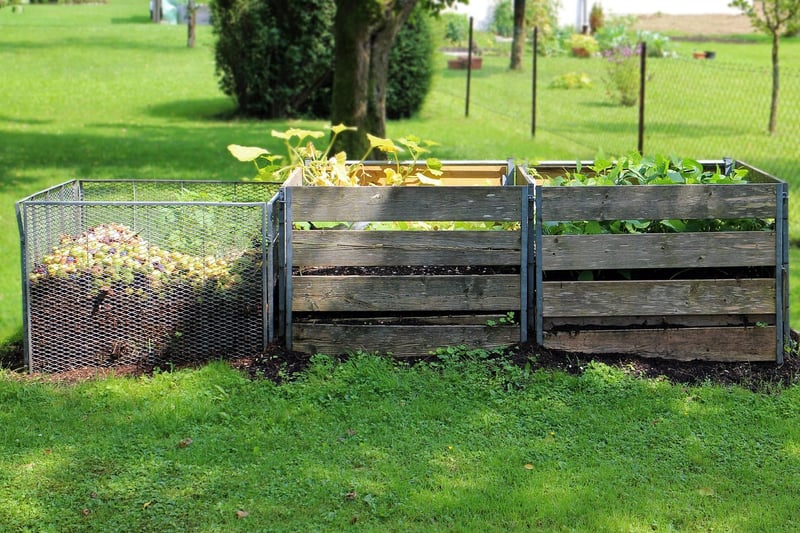Zero Waste Practices
Practical Advice for Eco-Conscious Living and Zero Waste Practices
Why Eco-Conscious Living Matters
Eco-conscious living involves making mindful choices to reduce your impact on the environment and promote sustainability. By adopting eco-friendly practices, you can help protect the planet for future generations and live a more sustainable lifestyle.
Zero Waste Practices to Implement
Embracing a zero-waste lifestyle is a great way to minimize your ecological footprint. Here are some practical tips to help you reduce waste and live more sustainably:
1. Reduce Single-Use Plastics
Single-use plastics, such as straws, bags, and water bottles, contribute to pollution. Opt for reusable alternatives like stainless steel straws, cloth bags, and refillable water bottles.
2. Compost Food Scraps
Instead of throwing food scraps in the trash where they end up in landfills, start composting. Composting not only reduces waste but also creates nutrient-rich soil for gardening.
3. Shop Mindfully
Before making a purchase, consider the product's packaging and environmental impact. Choose products with minimal packaging or opt for package-free options.
4. Embrace Second-Hand
Buying second-hand items reduces the demand for new products and helps prevent usable items from ending up in landfills. Explore thrift stores, online marketplaces, or clothing swaps.
Benefits of Eco-Conscious Living
Adopting eco-conscious practices not only benefits the environment but also offers personal advantages, including:
- Reduced waste production
- Cost savings from reduced consumption
- Healthier living environment
- Support for sustainable practices
Conclusion
By incorporating eco-conscious living and zero waste practices into your daily routine, you can make a positive impact on the planet and inspire others to do the same. Start small and gradually implement changes to create a more sustainable future for all.




